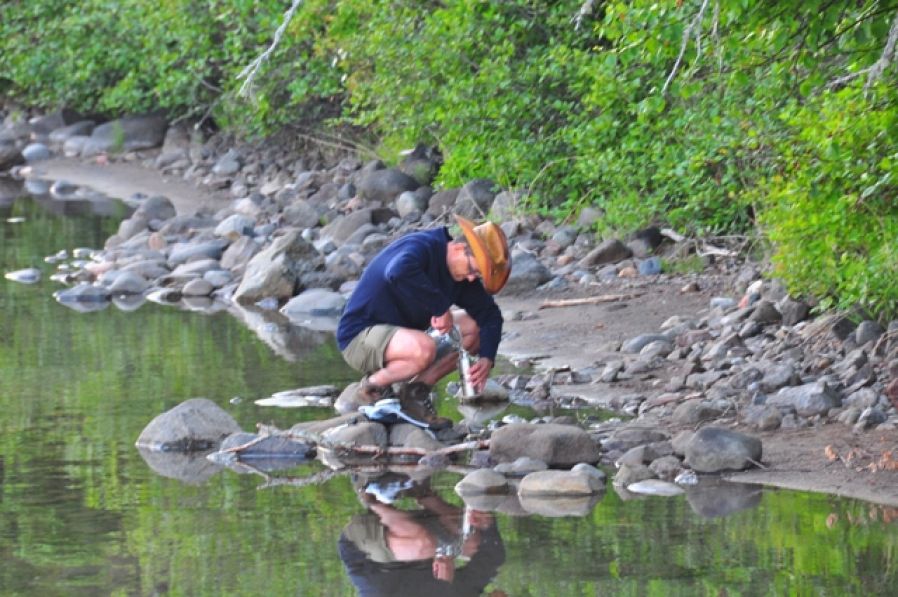
It’s not a surprise that ponds and lakes in different places have different chemical make-ups. But did you know the chemical make-up in ponds and lakes that are within feet of each other are different, too?
So because all lakes and ponds are different, and constantly changing, regular water quality testing is important. Professional pond and lake managers can use water quality testing to help indicate the health and determine what each may need specifically.
Even if nothing seems wrong, ongoing testing can uncover changes that happen over time, which is great because it could help to prevent expensive problems later on.
In water quality testing, what is tested?
There are quite a few things can be tested, but only a handful that is the most important. The first is physical characteristics: nutrient levels, Secchi depths, temperature and flow rate.
The second is Chemical characteristics: pH, dissolved oxygen, ammonia, nitrite, animal- derived dissolved, and organic carbon (DOC). The third is biological characteristics: bacterial load, zooplankton and invertebrate load, fish load, and plant load.
How and where to test your water
If your pond or lake is newly constructed, you will want to provide information for your water source.
For existing ponds and lakes, you will want to check just below the surface in the center of the pond, the stream where is enters the pond or lake, from a handful of mud taken from the seep part of the lake or pond, and from a handful of mud along the shore. http://www.aquahabitat.com/testwater.html
The more you find out about your pond or lake through consistent testing, the better you can plan for your future.
Now serving Greenville SC, Spartanburg SC, Asheville NC, Charlotte NC, Winston-Salem NC, & Greensboro NC areas.
Get started. Become a member today!


